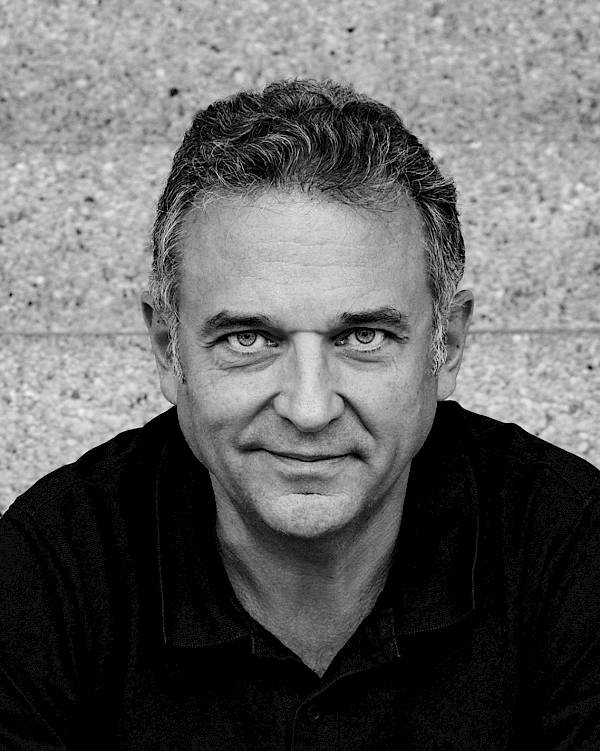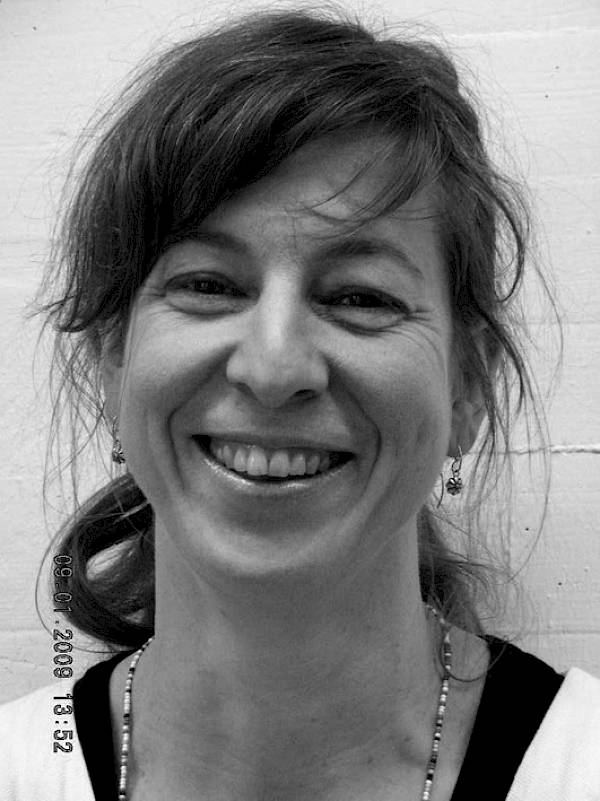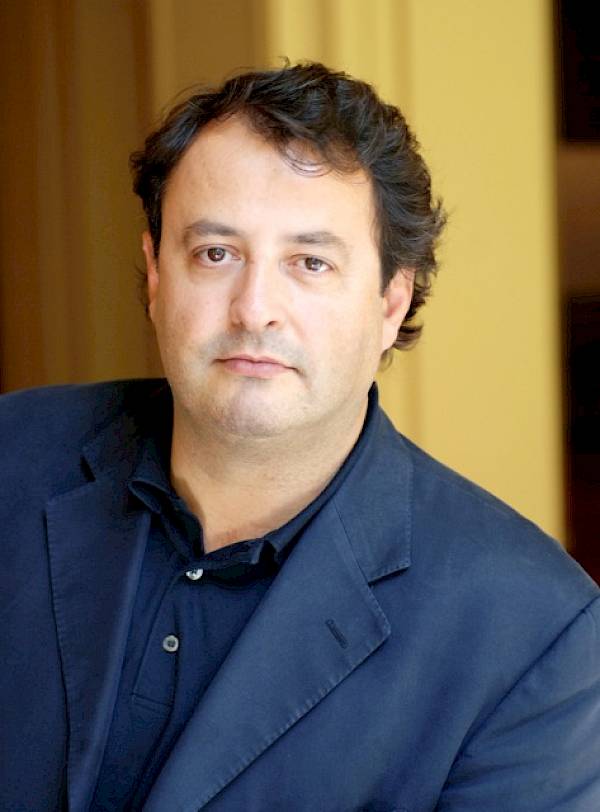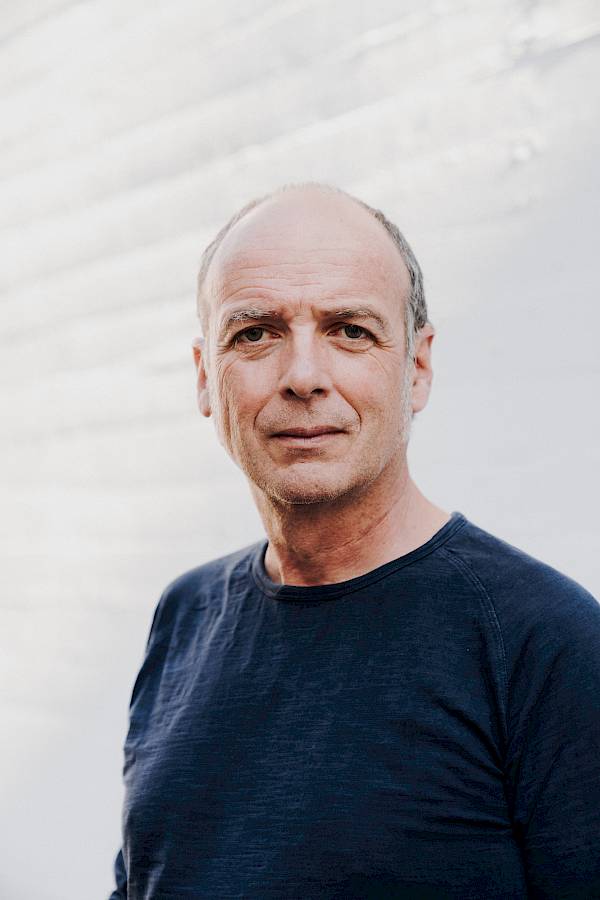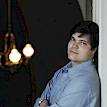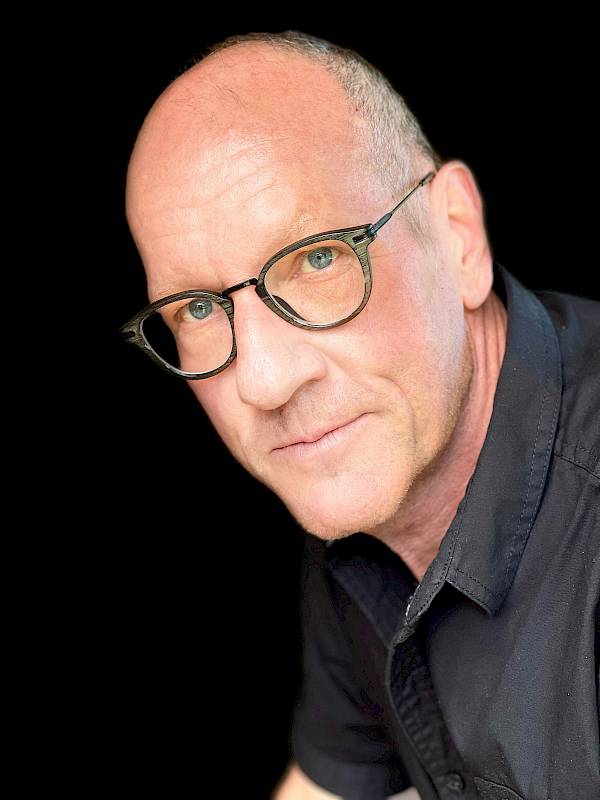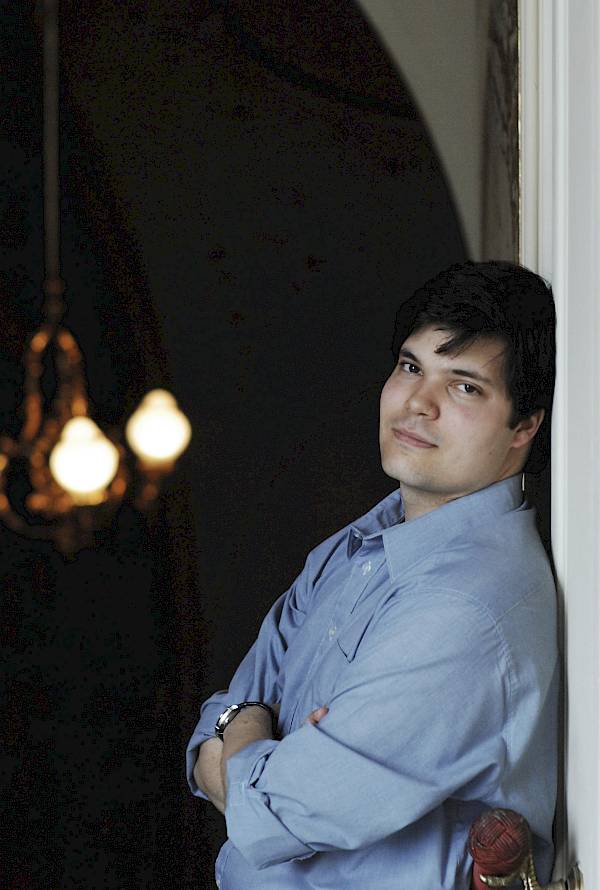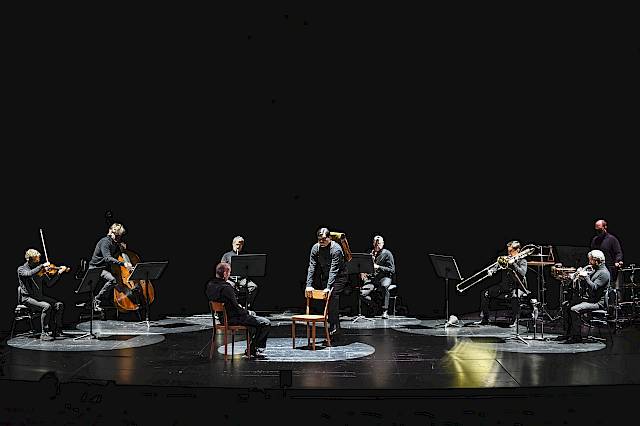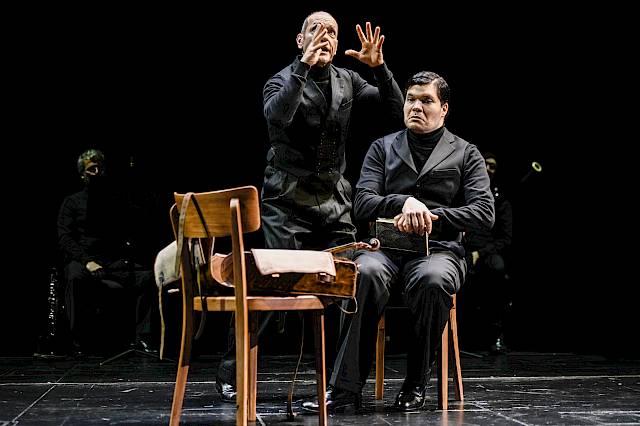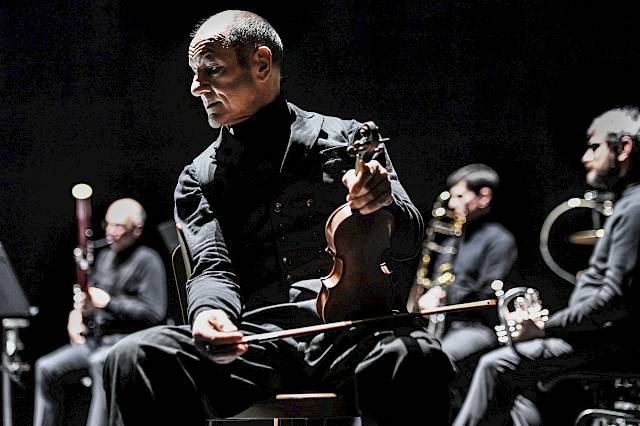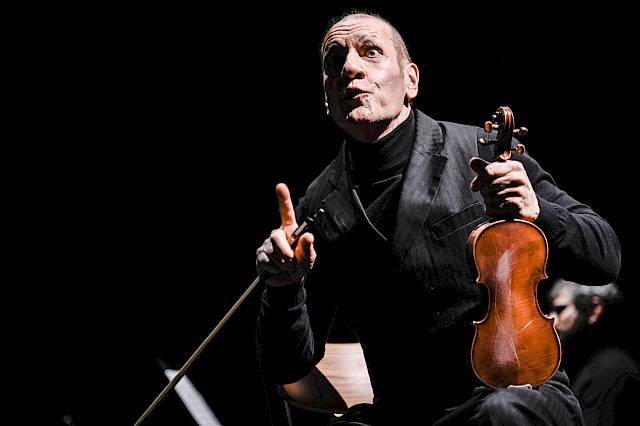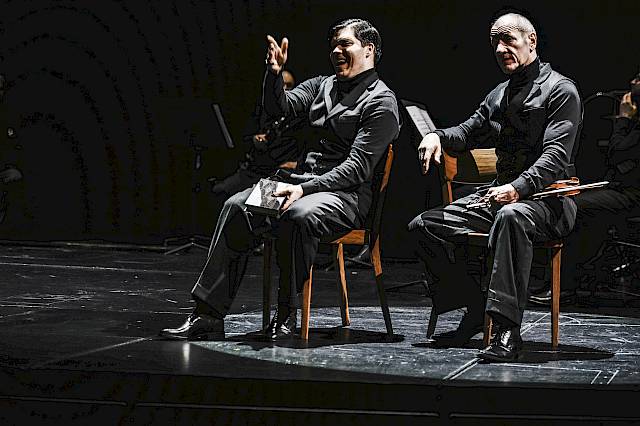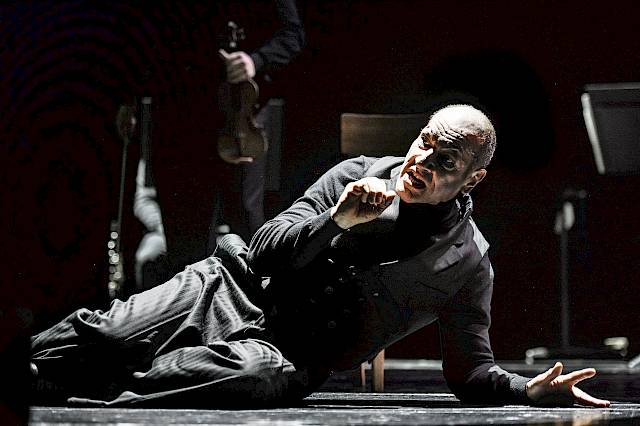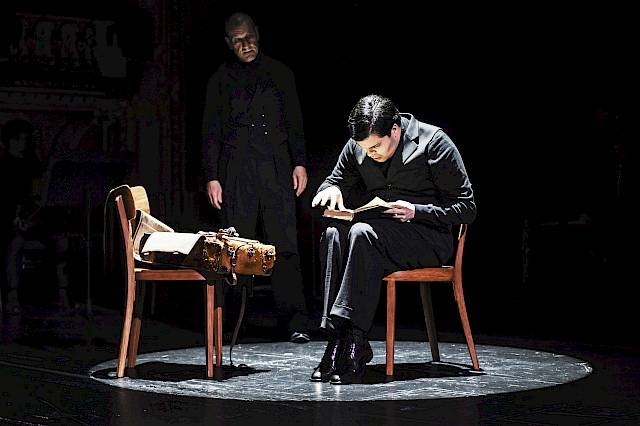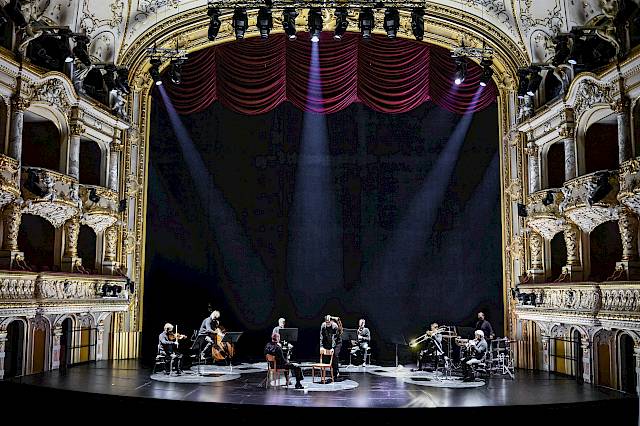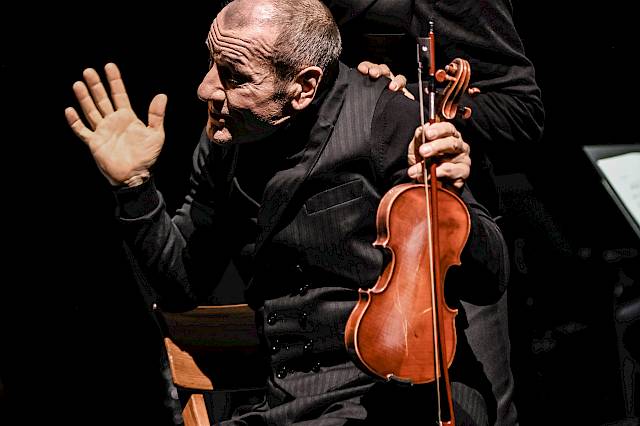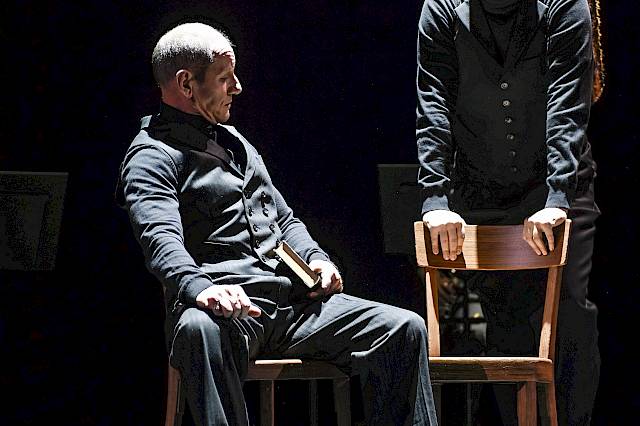Andreas Homoki was born in Germany in 1960 as the son of a Hungarian family of musicians and studied school music and German studies in West Berlin. In 1987 Andreas Homoki joined Cologne Opera as an assistant director and evening director, where he was engaged until 1993. From 1988 to 1992 he was also a lecturer in stage practice at the opera school of the Cologne University of Music. His first own productions were created there. In 1992 his first guest production took him to Geneva, where his interpretation of "Die Frau ohne Schatten" attracted international attention. The production, which was later also shown at the Théâtre du Châtelet in Paris, received the French Critics’ Prize of the Year in 1994. From 1993 to 2002 Andreas Homoki worked as a freelance opera director and staged productions, among others, in Cologne, Hamburg, Geneva, Lyon, Leipzig, Basel, Berlin, Amsterdam and Munich. As early as 1996 he made his debut at the Komische Oper Berlin with "Falstaff", followed by "Die Liebe zu drei Orangen" (1998) and, in 2000, "Die lustige Witwe". In 2002 Andreas Homoki was appointed chief director of the Komische Oper Berlin as the successor to Harry Kupfer, and in 2004 he became its intendant. In addition to his directing work at the Komische Oper Berlin, he staged productions, among others, at the Théâtre du Châtelet in Paris, the Bavarian State Opera in Munich, the New National Theatre Tokyo, the Saxon State Opera Dresden and the Hamburg State Opera. In July 2012 he staged Marc-Antoine Charpentier’s "David et Jonathas" under the musical direction of William Christie for the Festival d’Aix-en-Provence, a production that was later shown, among other places, in Edinburgh, Paris and New York. From the 2012/13 season to 2024/25 Andreas Homoki served as intendant of Zurich Opera House and staged there, among others, "Der fliegende Holländer" (a co-production with La Scala in Milan and the Norwegian National Opera in Oslo), "Fidelio", "Juliette", "Lohengrin" (a co-production with the Vienna State Opera), "Luisa Miller" (Hamburg State Opera), "Wozzeck", "My Fair Lady" (Komische Oper Berlin), "I puritani", "Médée", "Lunea" (named "World Premiere of the Year 2017/18" by the magazine Opernwelt), "Iphigénie en Tauride", "Nabucco", "Simon Boccanegra", "Les Contes d’Hoffmann", "Salome", the "Ring des Nibelungen" and "Carmen". Andreas Homoki has been a member of the Berlin Academy of the Arts since 1999.


